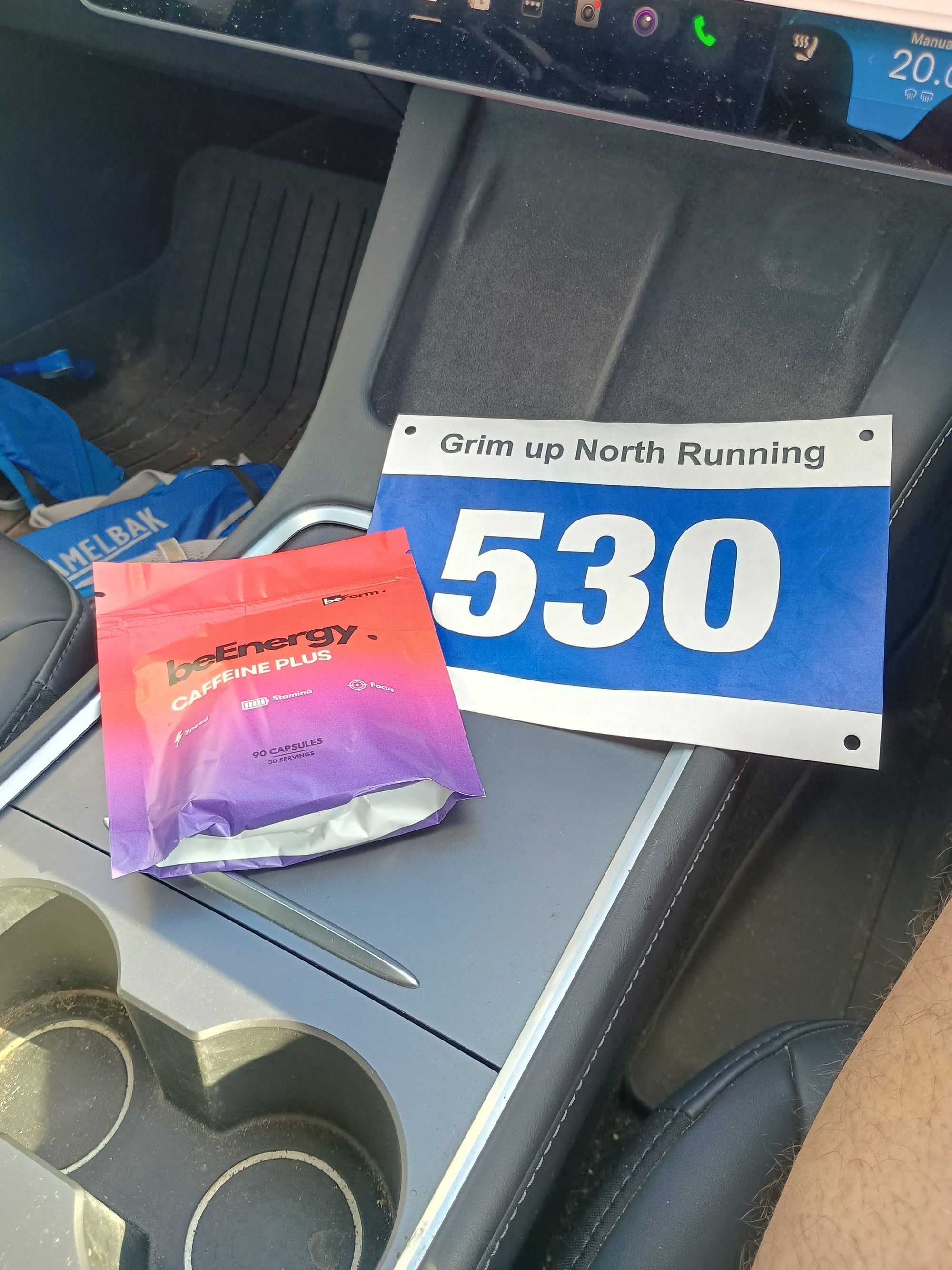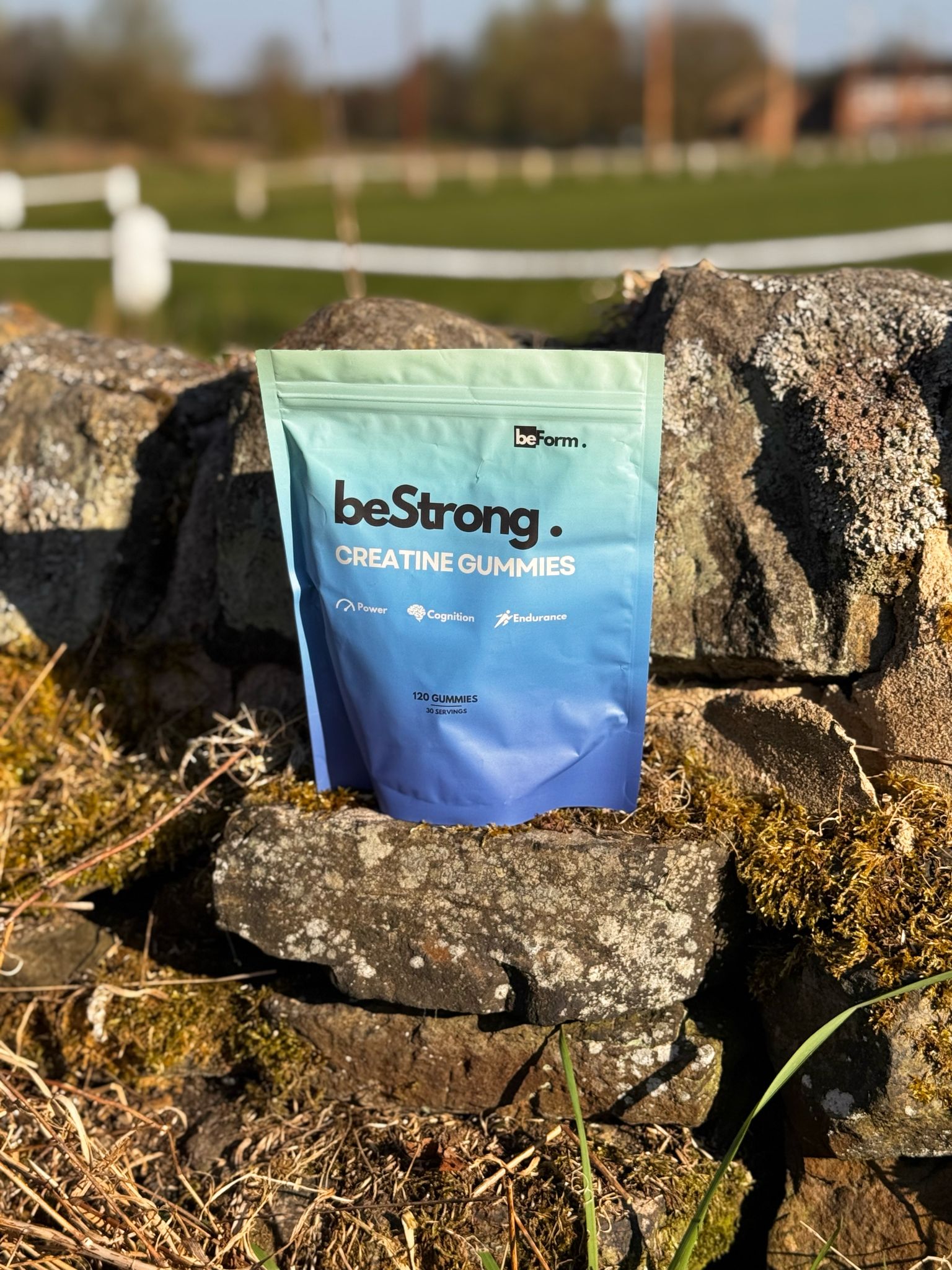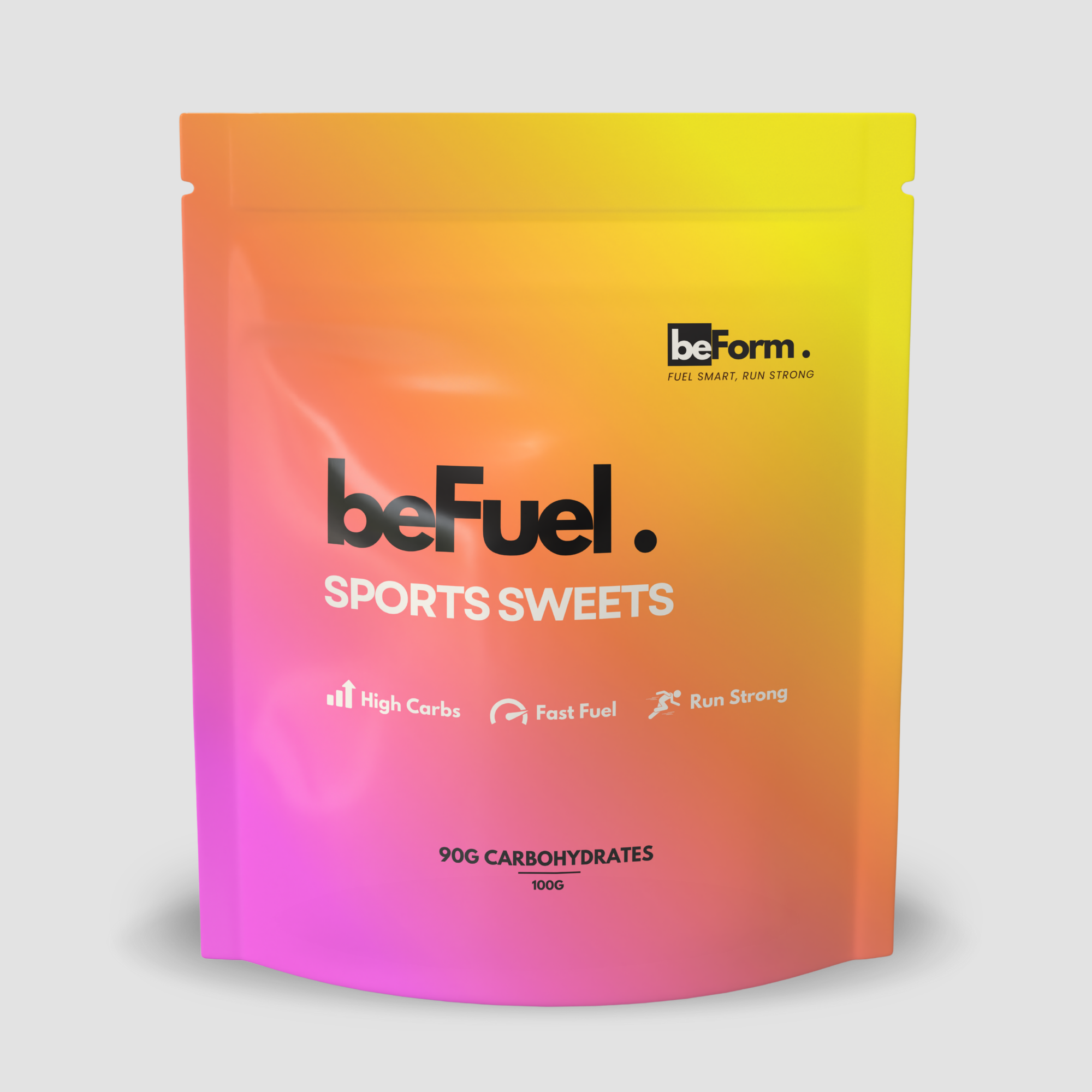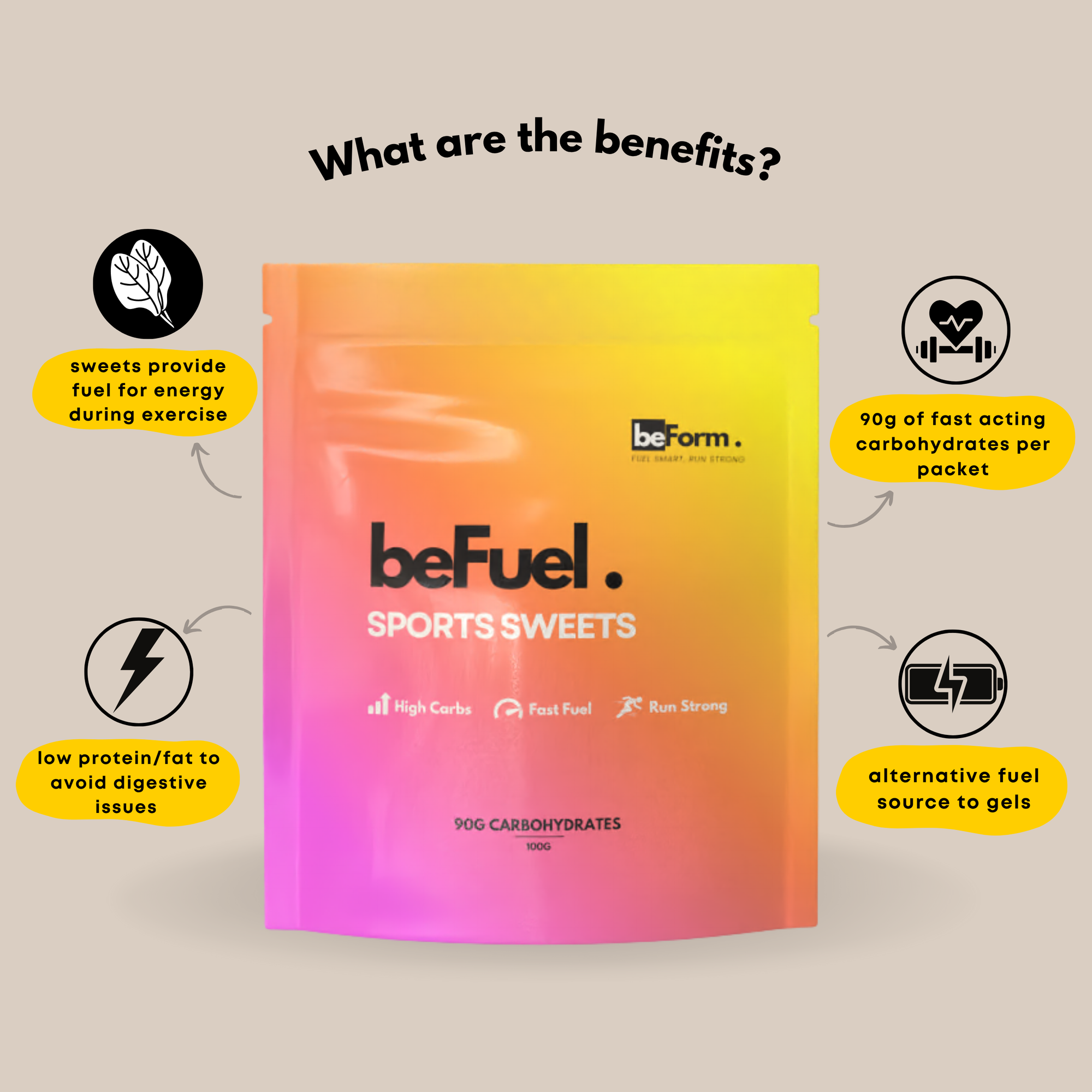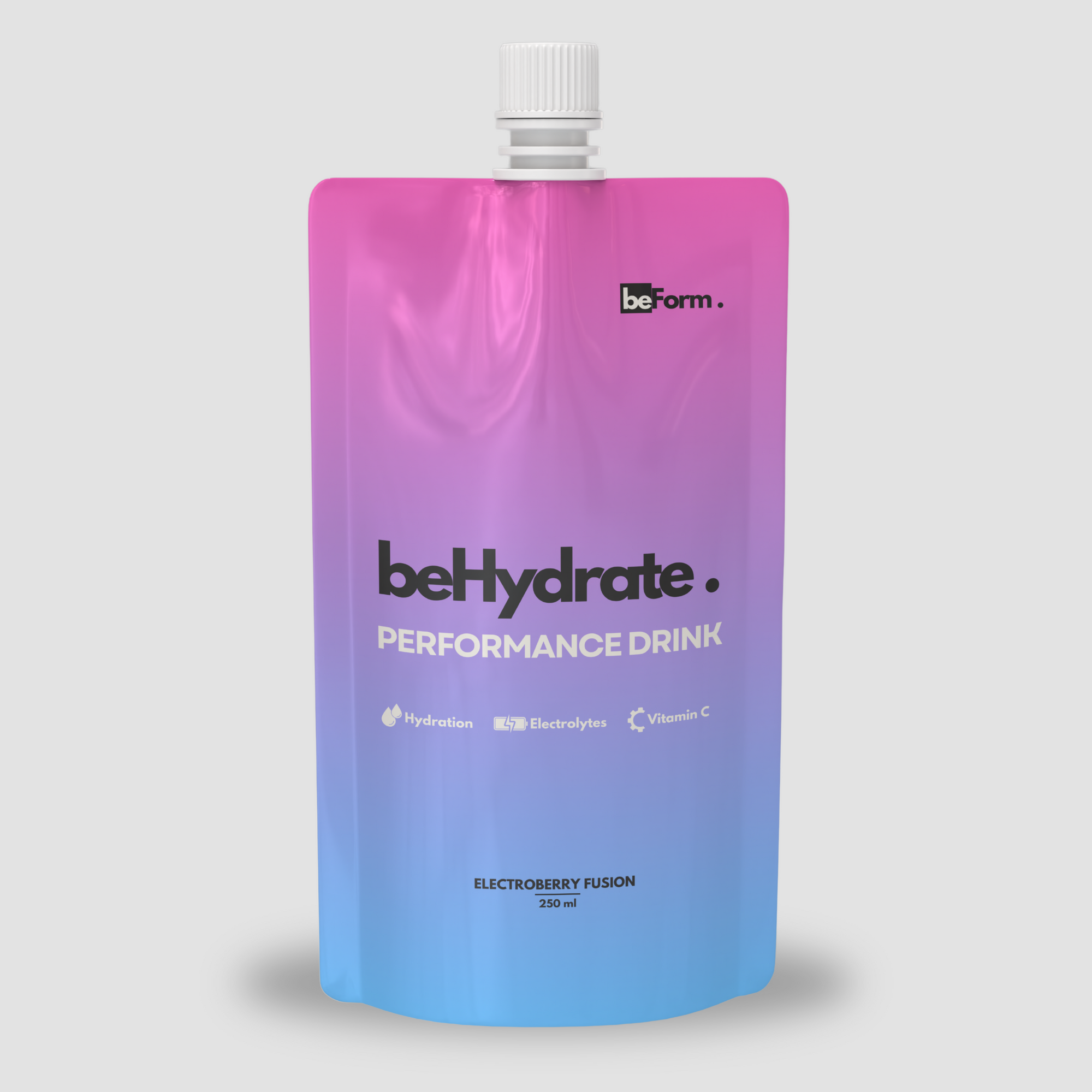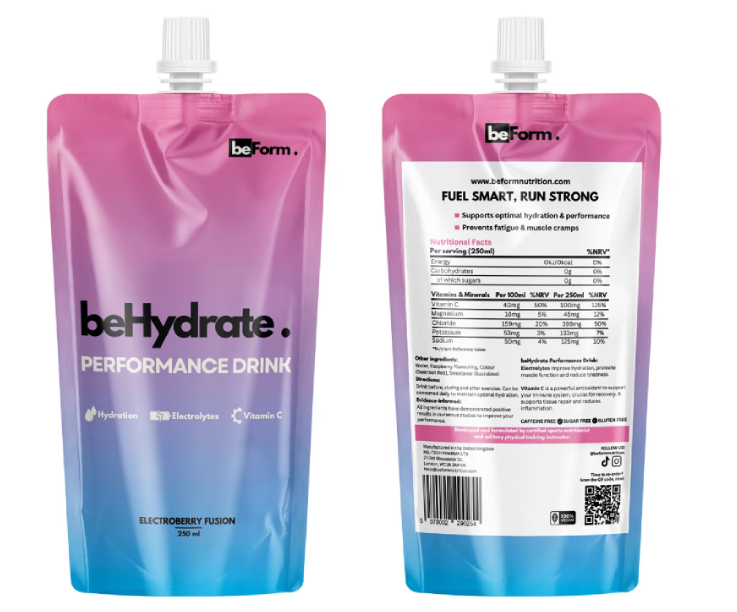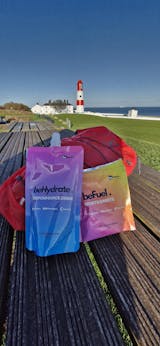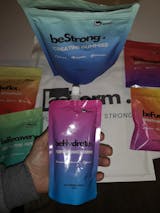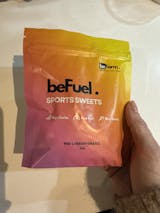Have you ever felt the soul-crushing moment during a long race or training session, when your legs start to feel like lead and your energy drops, and you are convinced that you're going to hit a wall?
All of us have been there. What if I told you that this feeling can often be prevented? What is the secret weapon? Proper pre-workout nutrition.
As an endurance athlete, I can attest to the importance of fuel. Ben here. I've been doing triathlons and marathons for years and have learned that the food you consume (and the timing of it) can make the difference between your personal best and a total bonk.
This guide will help you understand the importance of pre-workout nutrition.
We will dive into the science and explore practical meal suggestions, discuss hydration techniques, and even demystify supplements.
We will also discuss common nutrition mistakes and give real-life examples to help you customise your plan. This guide is for anyone who wants to improve their performance.
We define "endurance athletes" for this guide as those who participate in sports that require sustained effort, cardiovascular fitness, and activities lasting more than 60 minutes. This includes triathletes and hikers as well as runners, cyclists, triathletes and swimmers.
1. Pre-Workout Nutrition: What Science Says About It
Let's take a look at how your body uses its energy during endurance exercises.
During endurance exercises, your body relies primarily on aerobic metabolism. This uses oxygen to turn carbohydrates and fats into energy.
During high-intensity bursts, your body can switch to an anaerobic metabolic process, which does not require oxygen but produces less energy and causes lactic acid to build up.
Your main fuel source is glycogen. This is the form of stored glucose that you store in your muscles and liver. As you exercise, your glycogen stores deplete. You will feel fatigued, have a decreased ability to perform, and want to stop when your glycogen stores are low.
Here's a breakdown of the role of macronutrients in endurance performance.
-
Carbohydrates: Your body's preferred fuel for performing endurance activities is carbohydrates. The carbs are easily converted to glucose and provide quick, sustained energy. Your glycogen levels will be replenished and you'll feel stronger if you prioritise carbohydrates in your meal before your workout. Carbohydrates are essential for endurance athletes to fuel their muscles and go the distance.
-
Fats and Carbohydrates are the main fuel sources, but fats can be a vital component in endurance events lasting longer. They are a source of energy that is more sustained and essential for the production of hormones, which are crucial for health and performance.
-
Protein: Although not the primary source of fuel, protein is important for protecting muscles during exercise. It also helps with recovery after a workout. A moderate amount of protein in your pre-workout meals can minimise muscle damage.
2. Fueling up: Timing of Pre-Workout Meals and Composition
When it comes to pre-workout nutrition, timing is key. It is important to allow your body time to digest and absorb nutrients, without causing any stomach discomfort during the workout.
Here is a breakdown of when to eat before working out:
-
Eat a full meal 3-4 hours before: You can use this time to get sustained energy.
-
Choose something easy to digest that will give you an energy boost quickly without making you feel weighed down.
-
30-60 minutes before: Here's your last-minute energy boost. Choose something quick-absorbing and that provides energy quickly.
Here are some ideas for pre-workout meals to increase endurance.
-
3-4 Hours Before:
-
Oatmeal topped with berries, almonds, and protein powder.
-
Whole-wheat spaghetti with a tomato sauce, and grilled fish or chicken.
-
Sweet potato, black beans, avocado and Greek yoghurt.
-
-
1-2 Hours Before:
-
Bananas with peanut butter.
-
Choose an energy bar that has a good mix of carbohydrates, proteins, and fats.
-
A small bowl of rice drizzled with honey.
-
-
30-60 Minutes Before:
-
Gels or chews that contain caffeine.
-
Sports drink.
-
Dates.
-
Before endurance training, it's important to understand what foods you should avoid. Foods high in fat take longer to digest and may cause stomach upset. Fibre is healthy in general, but high-fibre foods may cause bloating or gas when exercising.
For an extra boost, try our beEnergy supplement that contains caffeine and dietary nitrates, both of which are proven in studies to increase your performance.
3. Endurance athletes: Hydration strategies
Dehydration can affect your performance even if you have the best pre-workout meal. Dehydration causes your blood volume to decrease, which makes it more difficult for your heart to pump blood into your muscles.
Dehydration can also cause muscle cramps and disrupt electrolyte equilibrium, which increases the risk of overheating.
Drink 500- 1000ml of water two hours before exercising and 500ml more 30 minutes prior. Consider adding electrolytes as part of your pre-workout water if you are planning a longer or more intense exercise. Keep in mind to stay hydrated.
Hydrate your body for two to three hours before exercising.
Water is sufficient for workouts that last less than one hour. Sports drinks can replenish electrolytes during longer workouts and provide extra carbohydrates.
You can estimate the amount of fluids you lose by weighing yourself before and following a workout. You can then determine how much fluid you should drink in future workouts. This is called your 'sweat rate'.
4. Pre-Workout Supplements: What works and what doesn't?
The supplement industry is full of hype and false information. Let's cut the hype and focus on supplements with solid scientific support for endurance athletes.
Caffeine improves alertness, concentration, and perceived effort. Start with a small dose (around 1 to 3 mg per kilogram of bodyweight), and then see how you respond. Be aware of possible side effects such as anxiety, insomnia and digestive problems.
Creatine is often associated with strength training, but it can benefit endurance athletes as well by increasing energy production and hydration.
Beta-alanine buffers acidity in the muscles, improving performance and reducing fatigue, particularly during high-intensity efforts.
The nitrate in red spinach extract can increase blood flow to the muscles and improve oxygen delivery. This will lead to improved endurance.
BCAAs can reduce muscle soreness, while electrolyte supplementation can replenish minerals lost during long workouts.
Important considerations: Supplements do not replace a healthy diet or proper training. Understanding that supplements may have interactions and risks with medications is important.
Consult a registered dietitian or healthcare professional before beginning any new supplement regimen. This will help you decide if the supplement is for you, and if it's going to interfere with other medications or your health.
Choose reputable brands that conduct third-party tests to ensure the safety and purity of their products. You can look for certifications such as NSF Certified.
5. Individualising Your Pre-Workout Nutrition Plan
Pre-workout nutrition is not a one-size-fits-all approach. What works for an athlete might not work for someone else.
Take into account the duration and intensity of your workout, as more intense and longer workouts will require more fuel. Be aware of how your body responds to various foods and supplements. Heat and humidity increase the rate of sweating, which requires more hydration.
Keep a food journal and a performance diary to keep track of what you eat and when, as well as how you feel while working out. Your journal will help you identify patterns and adjust your pre-workout nutritional plan as necessary.
Find an exercise and nutrition strategy that you can stick to long-term.
6. Avoid these common pre-workout nutrition mistakes
It is dangerous to skip pre-workout nutrition.
To perform at your best, you must fuel your body before exercise. A large meal or eating close to an exercise session can cause stomach upsets and fatigue. Dehydration is a major factor in reducing performance.
The purpose of supplements is to complement healthy eating habits, not to replace them. Do not be afraid to try different foods, timing strategies and supplements to discover what works for you.
7. Real-World Examples & Case Studies
Here are some examples of pre-workout nutrition for different endurance sports:
-
Marathon Runner: Jane is a 35-year-old marathon runner who wants to achieve a personal record. She follows a training program that includes long weekend runs. She eats oatmeal with berries and almonds three hours before long runs. She consumes a gel of energy 30 minutes before the run. She drinks a sports beverage every 30 minutes during the run to keep hydrated and maintain electrolyte balance. Her diet is based on whole, unprocessed food.
-
Cyclist Mark: Mark is a 42-year-old cyclist who trains 2-3 hours a day during the week and more on weekends. He eats two tablespoons of peanut butter and a banana one to two hours before his rides. He eats energy chews and drinks sports drinks every 45 minutes during the ride. Mark likes to choose options that are convenient and easy to digest.
-
Sarah (Triathlete): Sarah is a 28-year-old triathlete who trains for an Ironman. Her training includes running, cycling and swimming. She eats a whole-wheat spaghetti with a light tomato sauce and grilled chicken three to four hours before a long workout. She eats an energy bar one hour before swimming. She consumes sports drinks and energy gels to keep her hydrated and maintain her energy levels during the run and bike legs. Sarah's diet is a mixture of complex carbohydrates, lean proteins, and healthy fats.
A combination of complex carbs like sweet potatoes and quinoa with a source of lean protein like chicken or salmon, 3 hours before a long run, has worked wonders for me. Red spinach extract is also my go-to for extra-tough sessions.
They stressed the importance of listening and increasing intensity gradually. Even if you begin slowly, with hard work and good nutrition, you can accomplish incredible things.
Athletes who are looking for quick carbohydrate sources during endurance exercises can opt to use unprocessed whole foods like raw honey or dates in place of sugary, processed sports gels.
There are a variety of carbohydrate-boosting products available on the market.
Conclusion
For endurance athletes, mastering pre-workout nutritional strategies can be a game-changer. Understanding the science and experimenting with various strategies will help you unlock your potential and reach your goals.
Pre-workout nutrition that is tailored to your needs is essential. What works for one person might not be the best for another. Experiment, track your results and discover what fuels you to the finish line.
Do not be afraid to ask for guidance from a sports nutritionist or registered dietitian to help you create a customised plan that meets your goals and needs.
Please share any insight or advice on our Facebook page so we can all work together and overcome this obstacle and enjoy running to its fullest.

